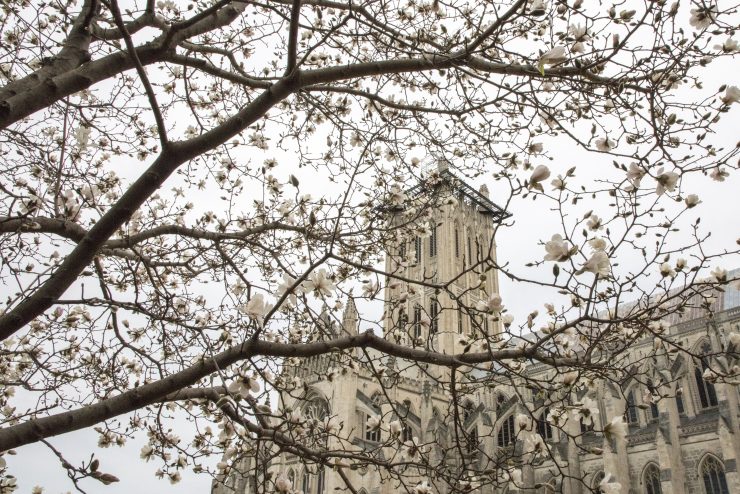For God so loves the world

John 3: 14-21
Jesus said, “Just as Moses lifted up the serpent in the wilderness, so must the Son of Man be lifted up, that whoever believes in him may have eternal life.
“For God so loved the world that he gave his only Son, so that everyone who believes in him may not perish but may have eternal life.
“Indeed, God did not send the Son into the world to condemn the world, but in order that the world might be saved through him. Those who believe in him are not condemned; but those who do not believe are condemned already, because they have not believed in the name of the only Son of God. And this is the judgment, that the light has come into the world, and people loved darkness rather than light because their deeds were evil. For all who do evil hate the light and do not come to the light, so that their deeds may not be exposed. But those who do what is true come to the light, so that it may be clearly seen that their deeds have been done in God.”
For God so loved the world… This verse from John 3:16 rolls off the tongue; most of us can finish the sentence without even thinking about it. God so loved the world that he gave his only Son, so that everyone who believes in him may not perish but have eternal life.
This fourth Sunday of Lent, I ask you to consider a wider interpretation of what is meant by God’s love for the world. During Advent of 2022, I invited Dr. Norman Wirzba, a Professor of Theology and Director of Research for Climate and Sustainability at Duke University, to speak about Creation Care as part of our Advent webinar series. His translation of this verse blew my mind wide open.
The essence of his talk was that the advent of Christ was made possible by God’s love for the world — not only God’s love for humans and for heaven, but for the world, the terra firma. What God also loves is the dirt, the soil, the dust—the landscape under our feet from which we came and to which we shall return. That night, I realized that for my entire Bible-reading life, I had substituted “people” for “world” without even thinking about it—something which shortchanges how expansive God’s love truly is.
Wirzba noted that the Sabbath, not people, is the pinnacle of God’s creative work. God continues to love the world and find it worthy, despite its reduction and corruption by us. He said, “As Christians, we would often rather look up to heaven than be brought face to face with the carnage of the environment around us.” Wirzba’s argument is this: How can we say we worship a God who loves the world but not give our love to the world at the same time? You see, according to his theology, it doesn’t make sense to talk about human flourishing if everything we need, in the form of water, and air, and food, doesn’t flourish at the same time. It’s not an either/or proposition.
Since we believe that all things came into being through his Word, then we must also believe that creation is the good and beautiful place in which God’s love is forever at work. In other words, our redemption is tied to the redemption of all of creation. How can this be, you ask? Because God so loves the world.
prayer
An Amazing Day
I thank You God for most this amazing
day: for leaping greenly spirits of trees
and a blue true dream of sky; and for everything
which is natural which is infinite which is yes.
-E.E. Cummings